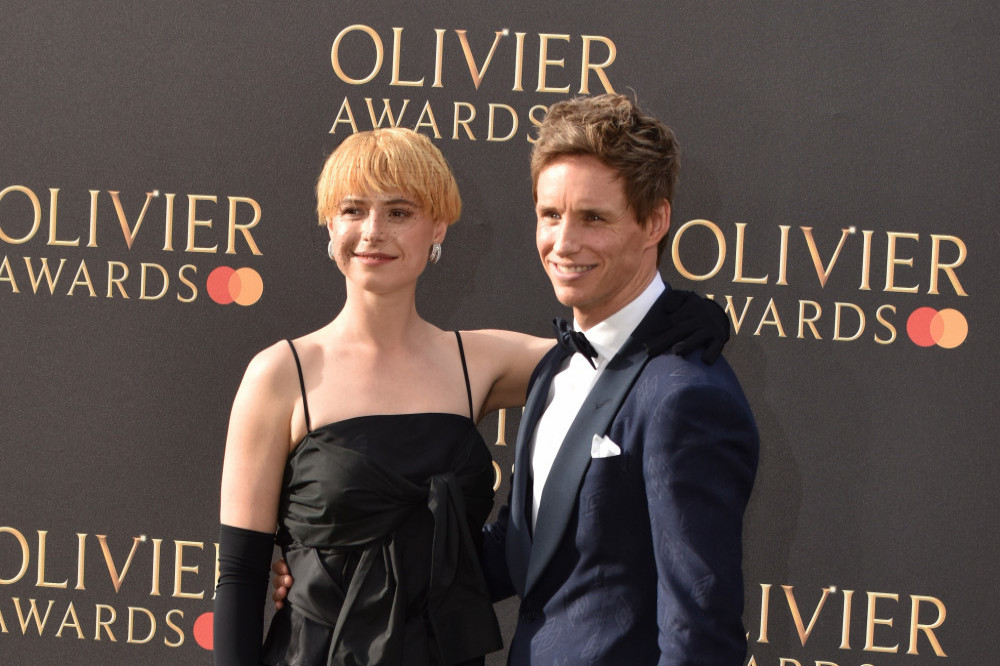

Frecknall’s main accomplice in darkening the mood is her Oscar and Tony-winning leading man, Redmayne, returning to the London stage for the first time in a decade. That’s as it should be given this 1966 musical by John Kander (music), Fred Ebb (lyrics) and Joe Masteroff (book) about “the end of the world,” to cite a final observation from Cliff (Omari Douglas), an American writer in 1930s Germany who is alone among the show’s principals in sensing the danger of the Nazis’ rise. Making a remarkable entry into musical theater after lauded productions of Chekhov and Tennessee Williams, Frecknall pulls us into a hedonistic milieu, only to send us out nearly three hours later reminded of life’s horrors.

Yet the director, Rebecca Frecknall, is more interested in disturbing the audience than handing them a drink. In the show’s hefty playbill, the brilliant designer Tom Scutt says he has tried to bring a “queer irreverence” to the venue, which rewards close inspection of its details, like a splash of gold here and an art-nouveau flourish there. The auditorium has lost 200 seats in its transformation into an immersive, plushly appointed space, complete with lamp-lit tables down front for a preshow meal. LONDON - At first glance, it looks as if there’s a party happening at the Kit Kat Club, the refurbished London venue where a nerve-shredding revival of “Cabaret,” starring Eddie Redmayne, opened last weekend.Įntering a side door of what was once the Playhouse Theater, you snake your way along corridors not usually open to the public and into a labyrinthine demimonde of dancers and drinks: a recreation of a seedy, Weimar-era Berlin nightclub.


 0 kommentar(er)
0 kommentar(er)
